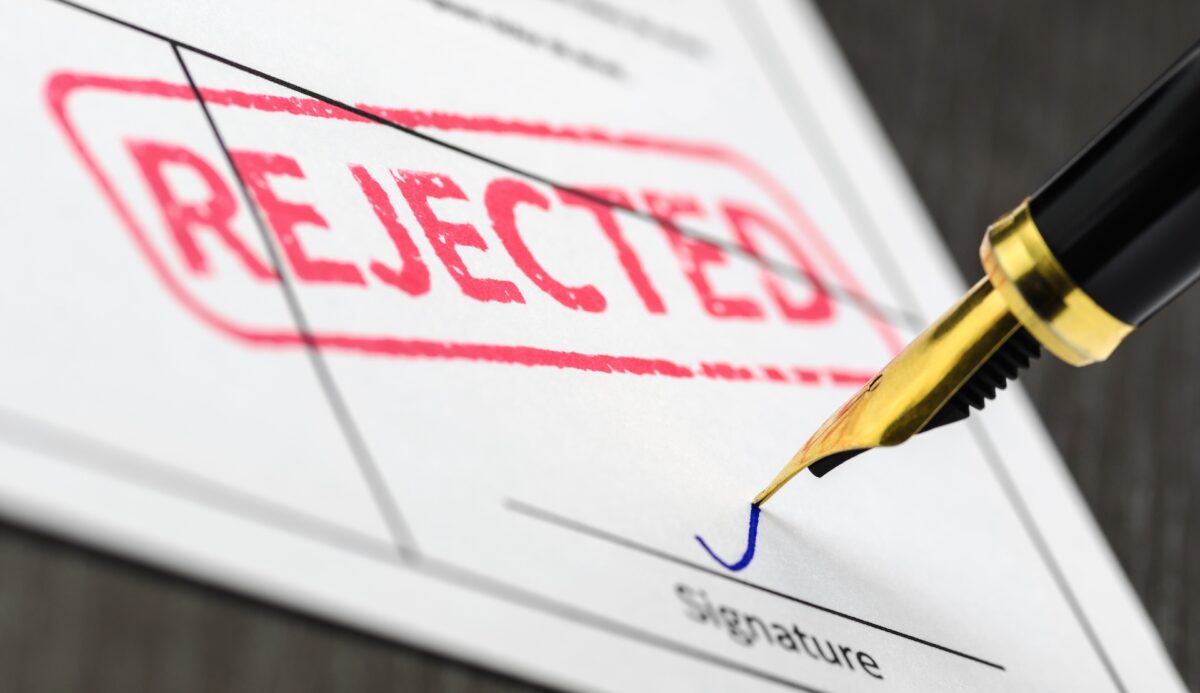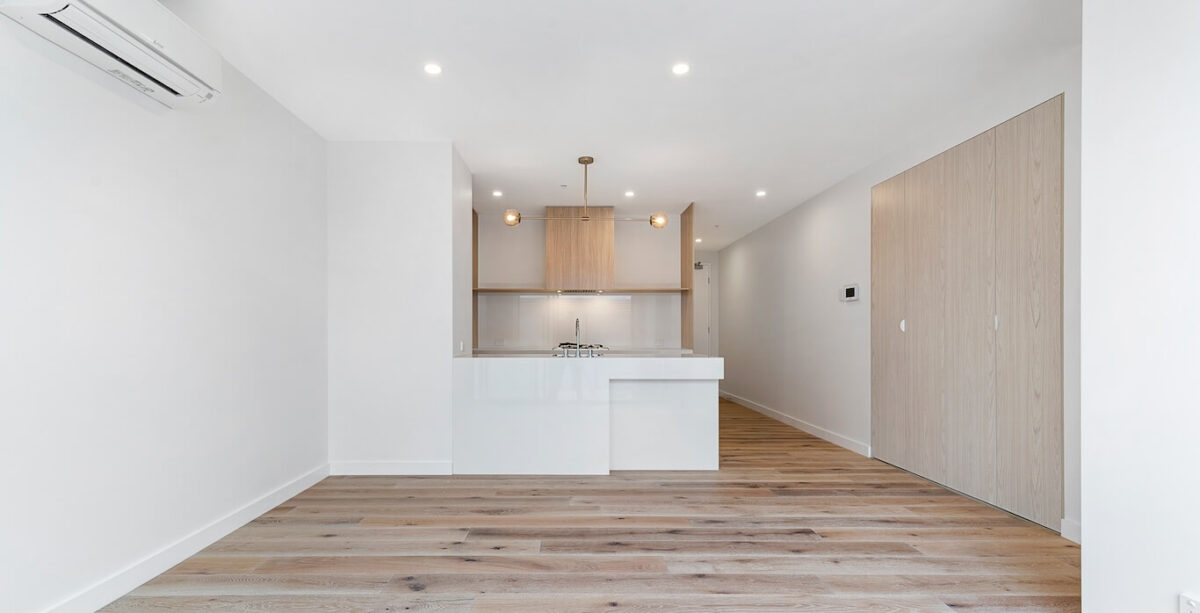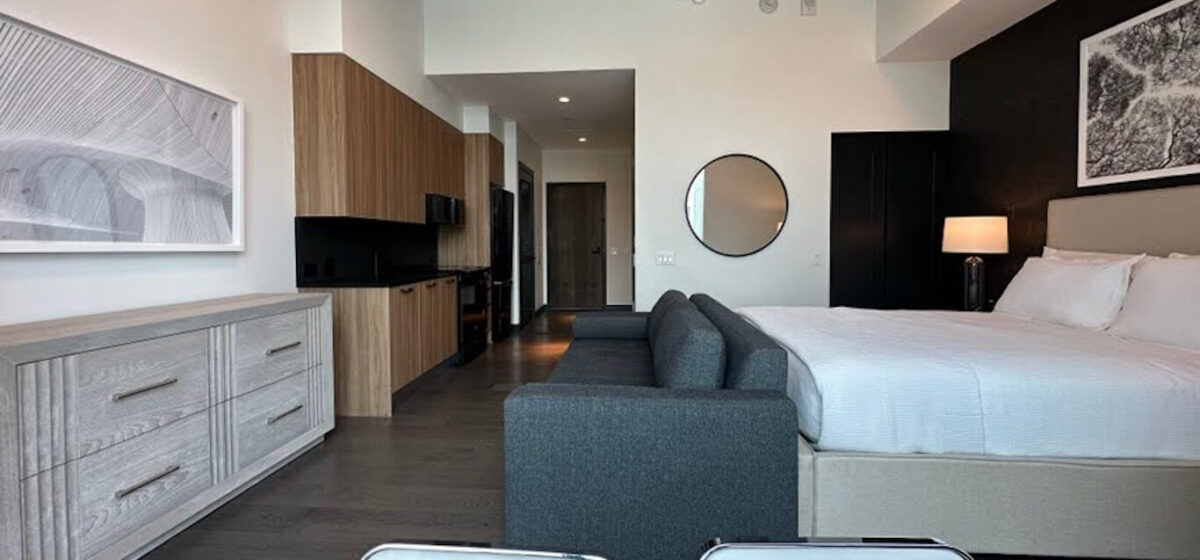More and more Americans are choosing to work freelance, be self-employed, or join the gig economy. This has caused the typical rental application process to shift dramatically from even five years ago. If you’re one of the more than 15 million self-employed people in the U.S., you may have noticed that it can be particularly difficult to get your apartment application through the approval process. Why is this and what can you do to make sure you get the apartment of your dreams?
We’ve covered finding an apartment when unemployed and now it’s time give our post a facelift in light of the ever-changing renter’s landscape. Here are some NEW top tips to help you rent an apartment when you’re self-employed.
Choose your landlord wisely.
It might be best to shy away from super large complexes run by nationally-owned businesses. These companies usually have corporate leasing policies in place that are difficult to budge. Stick to small and privately-run rental properties where you can meet the landlord face-to-face. Ask friends for referrals so that on top of finding an awesome landlord, you or your friend may get a discount or referral bonus.
Know where your money’s been and where it’s going.
You can expect to be asked to show proof of income through bank statements and tax returns when you’re self-employed. Make sure to bring at least six months’ worth of bank statements along with IRS-approved copies of the past 2-3 years’ annual tax returns. If you have big, recurring clients, you might want to bring copies of their contracts or invoices that can demonstrate some sort of regularity. Show your landlord that you are responsible with your finances. The more information you can provide, the better!
Also, save up a big ol’ chunk of cash. As a bargaining chip, you might be able to pay above and beyond a typical deposit, such as two or three months’ rent, up front.
Know your network.
Make sure you have good references from former landlords, especially those who leased you an apartment while you were self-employed. Written recommendations with contact info are ideal.
BONUS TIP: Take it a step further and create a “renter’s resume” detailing your past rental history: dates you lived there, landlord contact info, the reason why you moved, how much you paid in rent, etc. You can include employment history, references, even an objective!
Have a great “interview” on the day you tour!
Dress appropriately when meeting the landlord. Make sure you are polished and put-together. You don’t have to look like you’re going to a job interview, but don’t come in anything your mother wouldn’t approve of. Comb your hair, brush your teeth, don’t bring any funky smells with you. Act respectfully, ask insightful questions and keep a level head.
Other possible bargaining chips?
- Try to think of other features that might make you a model tenant. Maybe you don’t have a car so you won’t need a parking space. Or maybe you don’t have any kids or pets. Every point counts here!
- Consider hiring a real estate/leasing agent to help with the search. There are agents who specialize in finding rental properties. He or she might be able to find properties you don’t know about!
- Co-signers are another great option if you have someone that trusts you to not mess up their financial future. Co-signers don’t live at the property but are fiscally responsible if you can’t make a rent payment.
With these tips in hand, it’s time to put in an application for your perfect apartment. Search apartments for rent on ApartmentSearch today! Once you’ve signed your lease, let us know and you could get a $200 reward.



